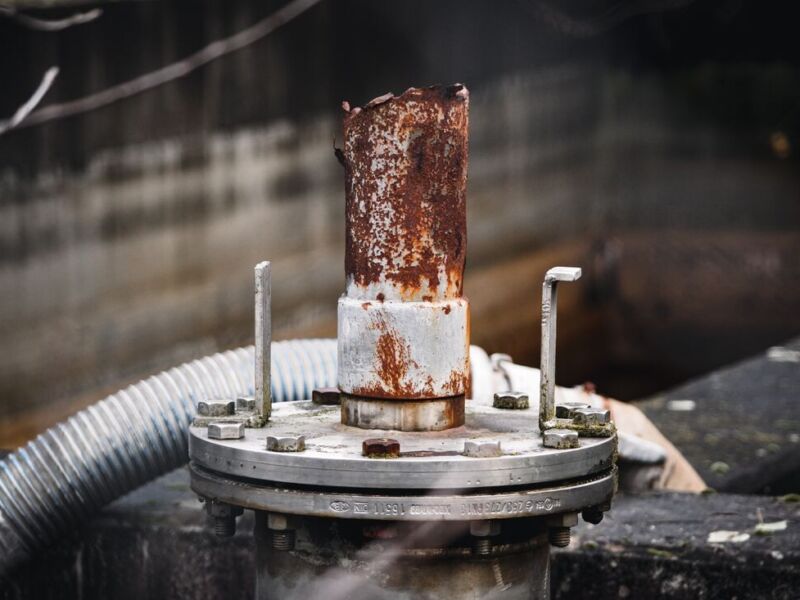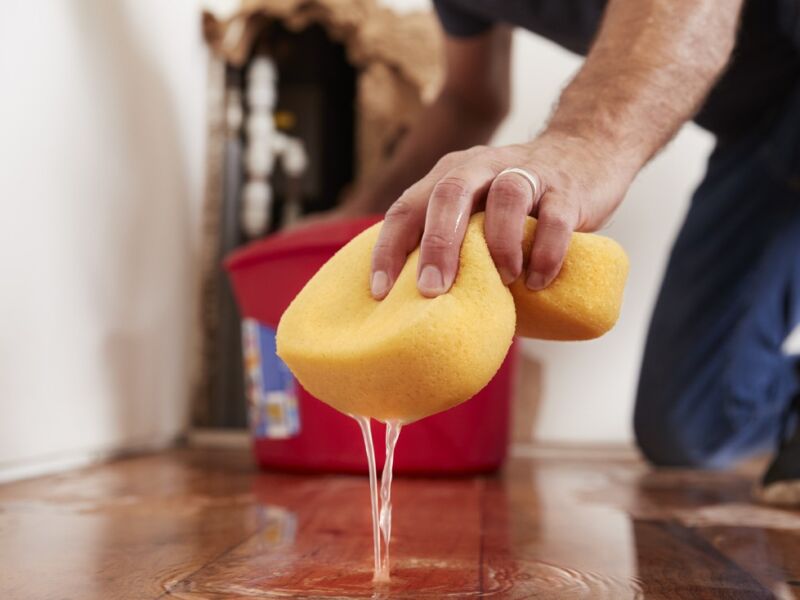
Introduction
Water damage can be a significant issue for hotels and the hospitality industry. It can result in costly repairs, damage to property, and inconvenience for guests. To ensure the smooth operation of your hotel or hospitality business, it is essential to proactively prevent water damage. In this article, we will explore various strategies and measures that hotels can take to prevent water damage effectively.
The Impact of Water Damage in Hotels
Water damage can have severe consequences for hotels and the hospitality industry. It can lead to:
- Structural damage
- Property damage
- Loss of revenue
- Health and safety concerns
- Deterioration of guest satisfaction
Considering these potential impacts, it becomes crucial for hotels to prioritize water damage prevention.
Common Causes of Water Damage
Understanding the common causes of water damage is the first step in preventing it. Here are some of the primary causes of water damage in hotels:
- Broken Pipes: Broken or burst pipes are one of the leading causes of water damage in hotels. They can occur due to aging pipes, extreme temperature changes, improper maintenance, or high water pressure.
- Leaking Plumbing Fixtures: Leaking faucets, showers, toilets, and other plumbing fixtures can lead to water damage over time if not promptly addressed.
- Roof Leaks: A damaged or poorly maintained roof can result in leaks during heavy rainfall or storms, leading to water entering the building.
- Poorly Installed or Faulty Appliances: Appliances such as washing machines, dishwashers, and refrigerators that are not installed correctly or have faulty components can cause water leaks and damage.

Preventive Measures
Regular Inspections and Maintenance
Regular inspections of your hotel’s plumbing system, including pipes, fixtures, and appliances, can help identify potential issues before they escalate into water damage. Plumbing professionals should conduct these inspections to ensure thoroughness and accuracy. Additionally, proper maintenance of plumbing systems and appliances is essential in preventing water damage.
Plumbing services professionals recommend routine maintenance tasks such as:
- Checking for leaks in pipes and fixtures
- Inspecting and cleaning gutters and downspouts
- Clearing clogged drains
- Flushing and maintaining water heaters
- Inspecting and repairing the roof
By performing these preventive measures regularly, you can significantly reduce the risk of water damage in your hotel.
Temperature and Humidity Control
Extreme temperatures can cause pipes to freeze and burst, leading to extensive water damage. Hotels should ensure that their buildings are adequately insulated, especially in areas prone to freezing temperatures. Additionally, maintaining a stable indoor temperature can help prevent condensation and the growth of mold, which can also contribute to water damage.
Water damage restoration companies emphasize the importance of monitoring and controlling humidity levels in hotels. High humidity can lead to condensation on windows, walls, and ceilings, increasing the risk of water damage. Proper ventilation and the use of dehumidifiers can help maintain optimal humidity levels.
Emergency Preparedness
Despite taking preventive measures, emergencies can still occur. It is crucial for hotels to have well-defined emergency protocols in place to mitigate water damage quickly and effectively. This includes:
- Identifying shut-off valves for the main water supply
- Providing staff with proper training on emergency procedures
- Having emergency contact information readily available
- Establishing relationships with reliable emergency water damage restoration services
By being prepared for emergencies, hotels can minimize the impact of water damage and facilitate faster recovery.
FAQs
Q: How can hotels prevent frozen pipes?
- Insulating pipes in areas prone to freezing
- Allowing faucets to drip during freezing temperatures
- Keeping the building adequately heated
Q: What should hotels do in case of a water leak?
- Immediately shut off the main water supply
- Contain the leak with buckets or towels
- Contact a professional plumber or emergency water damage restoration service
Conclusion
Preventing water damage in hotels and the hospitality industry is crucial for maintaining a safe and welcoming environment for guests. By implementing regular inspections and maintenance, controlling temperature and humidity, and being prepared for emergencies, hotels can significantly reduce the risk of water damage. Taking these preventive measures will not only save costs on repairs but also safeguard the reputation and success of the hotel or hospitality business.



